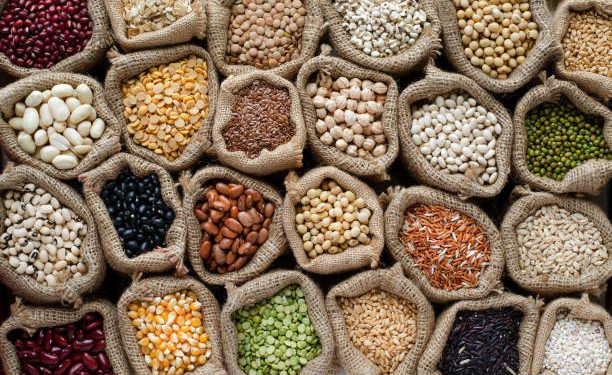Ghana’s Grain Sector at Risk as Surplus of Maize and Rice Deepens
Ghana’s grain industry is edging towards crisis, with more than 100,000 metric tonnes of maize and rice from the 2024 harvest still unsold, according to the Chamber of Agribusiness Ghana (CAG). Farmers remain trapped in debt and domestic processors face mounting financial strain as imports and smuggling of substandard grains erode local demand.
The glut has forced many farmers to sell below production cost. With the 2025 harvest season approaching, the Chamber warned that the situation could escalate, pushing mills out of business and raising risks to national food security.
“Smuggled rice and maize, which evade duties and quality checks, are flooding Ghanaian markets at artificially low prices,” CAG said in a statement. “This not only jeopardises farmer incomes but also weakens the domestic value chain, making Ghana increasingly dependent on foreign imports and eroding food sovereignty.”
The Chamber alleged collusion between smuggling syndicates and corrupt border officials, claiming the state is losing critical tax revenue. It urged government to tighten border enforcement and compel state institutions such as the School Feeding Programme, Armed Forces and Prisons Service to prioritise local sourcing.
CAG further called for guaranteed minimum prices to stabilise farmer incomes and concessional financing to enable millers to purchase grains at harvest. Longer-term investments in rural roads, storage, irrigation and farmer cooperatives were described as essential to strengthen competitiveness against imports.
Several mills and processors are already operating below capacity, with some forced to shut down, underscoring the fragility of the sector. “Entire subsectors of the maize and rice industry could collapse without urgent intervention,” the Chamber warned.
It is pushing for a high-level dialogue between government, private sector players and farmer associations ahead of the next harvest season. “Investing in local rice and maize is investing in Ghana’s economic independence, jobs and food sovereignty. The time to act is now,” it said.









We hope Government will find a way out for the Ghanaian farmer